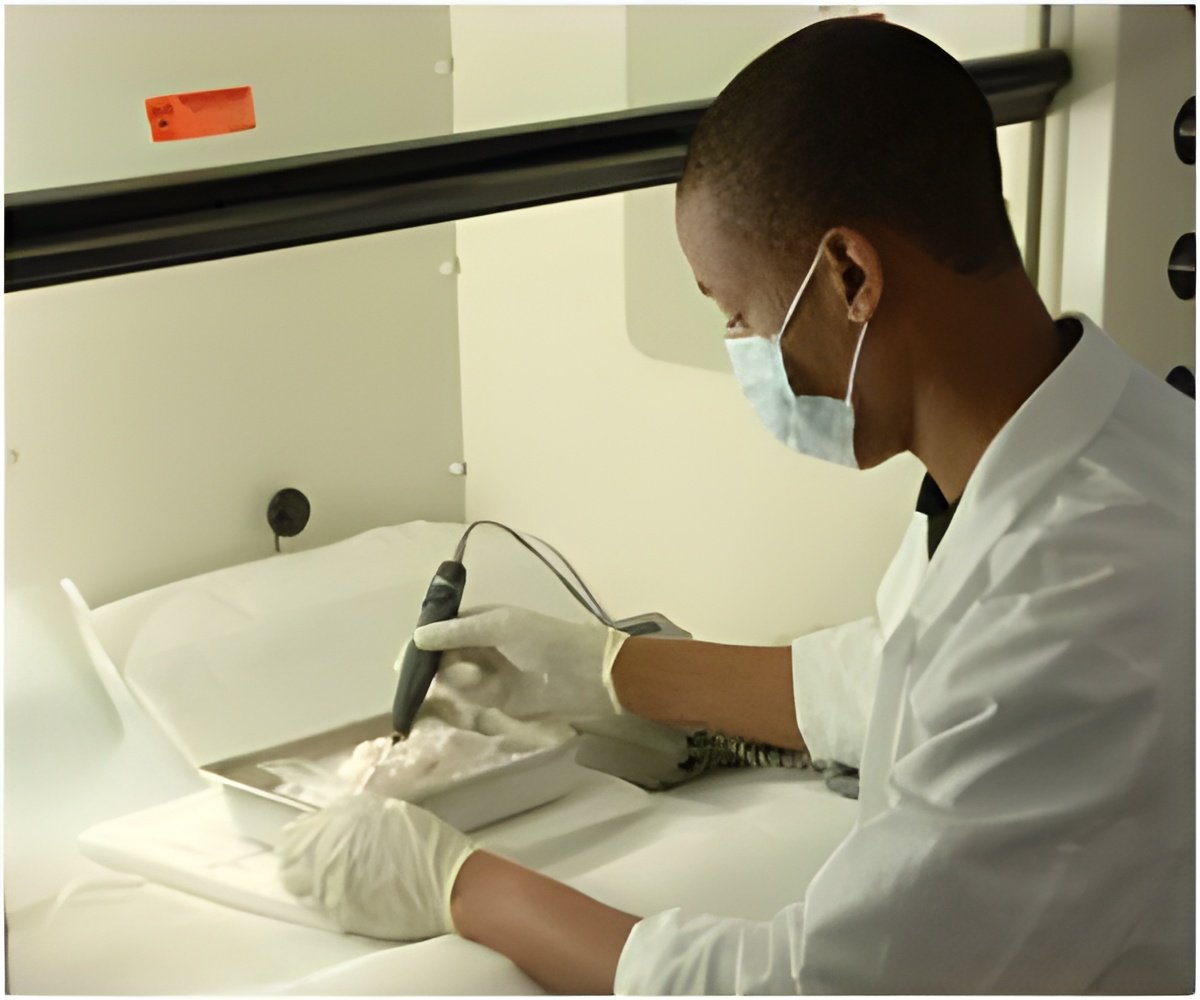Capsule endoscopy offers a safe and effective method in triaging patients presenting with symptoms of UGIB that do not require hospital admission.

‘Capsule endoscopy offers a safe and effective method in triaging patients presenting with symptoms of UGIB that do not require hospital admission.’





Symptoms such as tarry stools or vomiting with the appearance of "coffee grounds" can be an indication of upper GI bleeding (UGIB). But often these symptoms can be present without an actively bleeding or otherwise high risk lesion. If patients come to the emergency department (ED) with such symptoms, hospital admission can be avoided if active UGIB or high-risk lesions can be ruled out in the ED. Typical clinical scoring systems are only sufficient to exclude the most benign cases. In this study, the authors aimed to test whether capsule endoscopy (CE) can reduce unnecessary hospitalizations in patients with suspected UGIB. This was a prospective, randomized controlled trial in which patients who presented with symptoms or signs suggesting UGIB were randomized to receive either the standard treatment (ST) of hospital management or to undergo CE, after which hospital admission was determined by the findings of CE. Patients were also graded by Glasgow Blatchford score (a screening tool for GI bleeding) at the ED for assessment of need of hospital admission.
Seventy-one patients fulfilled the recruitment criteria, with 37 subjects enrolled into the CE group and 34 subjects into the ST group. Seven CE patients with active bleeding or significant endoscopic findings were admitted to the hospital compared with the ST group, in which all 34 patients were admitted. There was no difference in the clinical outcome in terms of recurrent bleeding and 30-day mortality. Hospital admissions were also greatly reduced if CE instead of GBS was used to triage patients in the ED.
The authors concluded that CE offers a safe and effective method in triaging patients presenting with symptoms of UGIB that do not require hospital admission.
Source-Eurekalert











